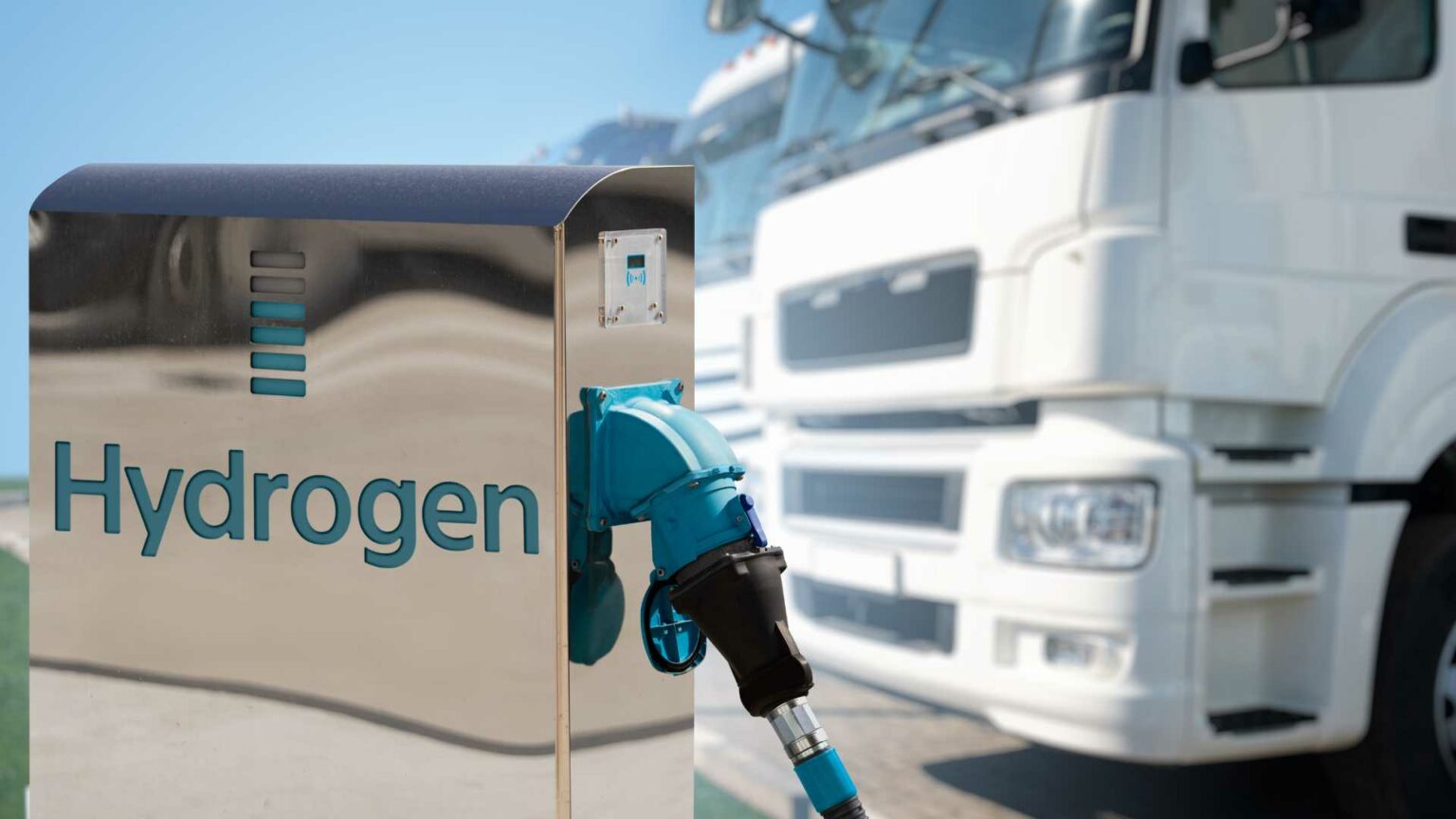Air Products has announced plans to build a network of commercial-scale hydrogen refueling stations spanning from Edmonton to Calgary, Alberta.
Canada’s commitment to clean energy is evident through its abundant resources, skilled workforce, and supportive government policies. Air Products’ latest initiative builds upon their previous investment in Alberta’s first permanent, commercial-scale hydrogen refueling station. This new development aims to create a “hydrogen highway,” facilitating the proliferation of hydrogen-fueled vehicles and supporting the region’s environmental goals.
The proposed hydrogen refueling stations will cater to heavy-duty and light-duty vehicles, including commercial trucks, municipal buses, and hydrogen fuel cell cars. Designed to offer a fueling experience comparable to traditional gasoline or diesel, each station can refuel up to 200 heavy-duty trucks or 2,000 cars daily. This high capacity is crucial for supporting the widespread adoption of hydrogen vehicles, particularly in regions where heavy-duty vehicles travel long distances under extreme weather conditions.
The first station, strategically located near Air Products’ net-zero hydrogen energy complex currently under construction in Edmonton, is slated to be operational by 2025. This complex will be pivotal in supplying the necessary hydrogen for the refueling network.
The hydrogen highway project is a collaborative effort involving multiple levels of government and industry partners. It is supported by Natural Resources Canada’s Zero Emission Vehicle Infrastructure Program funding. Hon. Jonathan Wilkinson, Minister of Energy and Natural Resources, emphasized the federal government’s commitment to harnessing hydrogen’s economic and environmental potential.
The Alberta government, led by Premier Danielle Smith, is equally supportive. Hon. Dale Nally, Minister of Service Alberta and Red Tape Reduction highlighted the importance of hydrogen as a clean energy source and its potential to complement electric vehicles. Jim Wood, Mayor of Red Deer, also strongly supported the project, acknowledging the economic and environmental benefits it would bring to the region.





